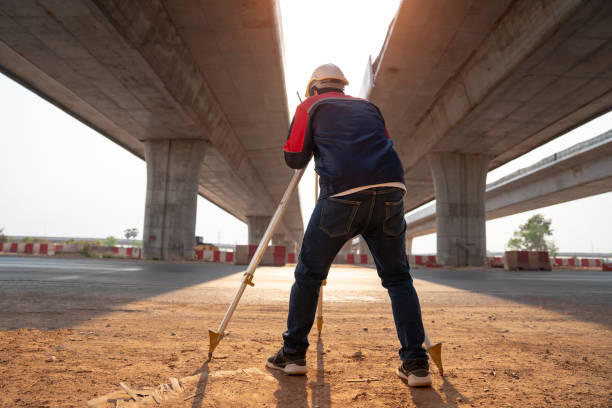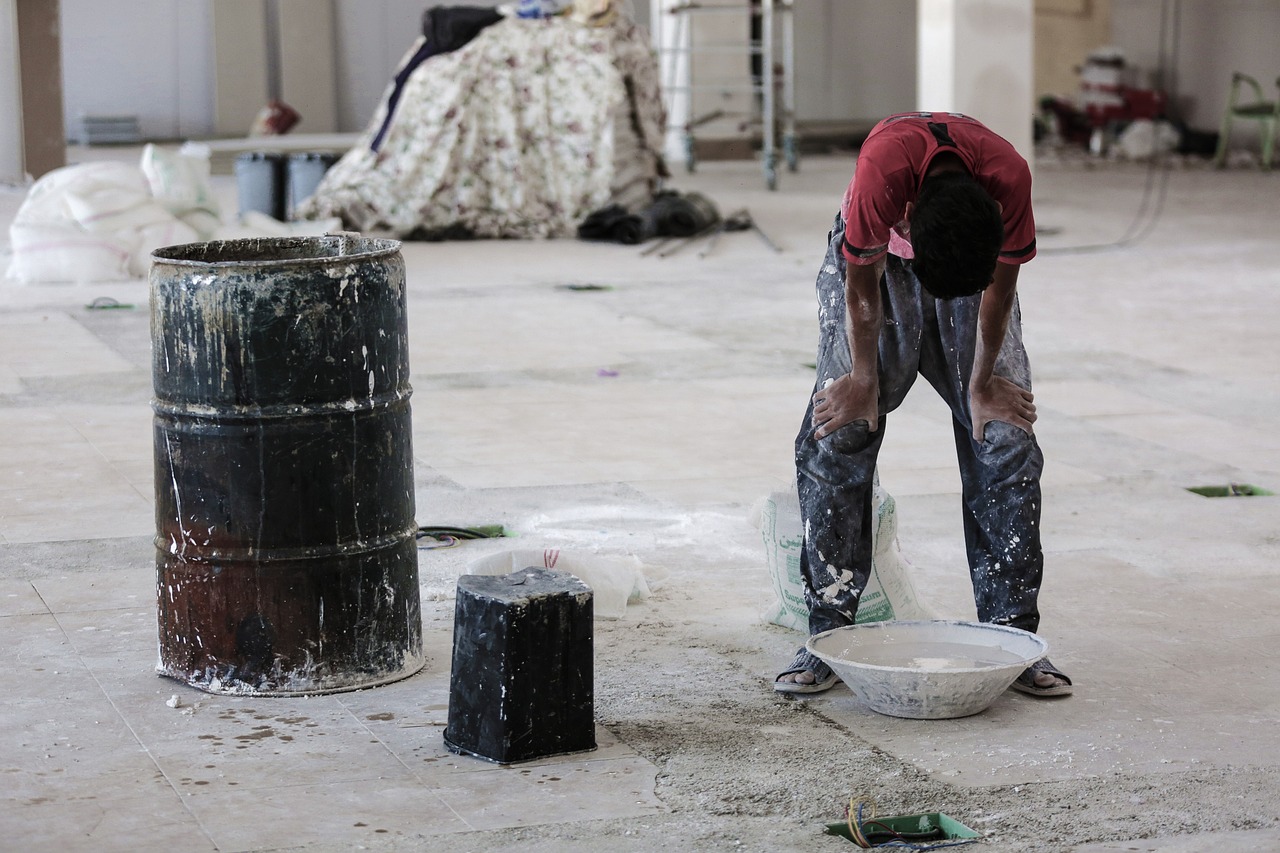I’m a construction worker. Been in this game for over a decade, working with Lanny Builders Limited. I’ve laid bricks, mixed concrete, and seen things that don’t make it to the headlines. If you think developers, engineers, and contractors are the biggest winners in construction, let me tell you—there’s a whole underground economy running this industry. And that’s where the real money is made.

The Cartels That Control Everything
On paper, a project looks straightforward: a developer hires a contractor, the contractor brings in workers like me, and we build. Simple, right? Wrong. Behind every cement bag, every lorry of sand, and every steel rod, there’s a network of middlemen taking their cut.
Take cement, for example. You’d think the price is dictated by supply and demand. But in reality, it’s set by a handful of suppliers who work together to keep costs high. Ever noticed how cement prices in Kenya mysteriously rise before major construction seasons? That’s not a coincidence.
Sand, ballast, and steel are even worse. There are unofficial “owners” of sand deposits along rivers, controlling who digs, who transports, and who buys. These guys don’t wear suits—they work from behind the scenes, making millions while the workers digging the sand barely take home enough for supper.

Bribes: The Grease That Keeps Construction Moving
If you want a project to move fast, you better have some “facilitation fees” ready. County officers, inspectors, and even some engineers have their hands out. No bribe? Your project stalls. Maybe they’ll “discover” that your foundation is faulty. Maybe they’ll delay approval for months. Meanwhile, your costs keep rising, and you’re forced to play the game.
Then there’s procurement. Ever wondered why government projects always seem to cost double or triple the actual price? Inflated tenders. A road that should cost KSh 10 million suddenly needs KSh 50 million. Someone somewhere is pocketing the difference.

The Unofficial “Tax” on Workers
Now, let’s talk about the fundis, masons, and laborers—the guys actually putting up the buildings. Most construction workers are casual laborers, paid daily or weekly. But before you get a job, you might have to “thank” the site manager with a little something. No payment? No job.
On some sites, there’s an unspoken rule: you must “contribute” part of your wages to the foreman or risk being replaced. It’s an underground tax, and it hits the poorest workers the hardest.

Who Really Gets Rich?
It’s not the guy sweating in the sun. It’s not even the contractor struggling to pay suppliers on time. It’s the hidden players—the cartels, the corrupt officials, the well-connected middlemen—who take the lion’s share.
And the worst part? Nobody talks about it. If you complain, you’re “difficult.” If you refuse to play along, you’re out of business.

Can This Change?
Maybe. Some developers are pushing for transparent procurement. There’s talk of regulating sand harvesting and cement pricing. But as long as money keeps flowing in the shadows, the underground economy of Kenyan construction will remain alive and well.
And us? The workers? We’ll keep building. Because at the end of the day, whether the money is clean or dirty, the buildings must still rise.
